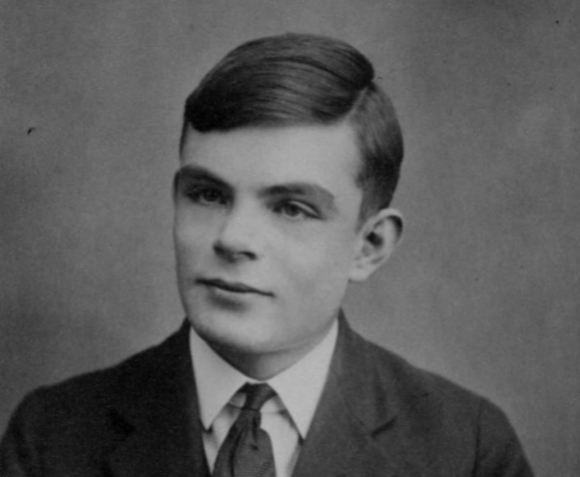
Last week, Britain’s Minister of Justice Sam Gyimah announced that the Conservative government would support legal changes to pardon 65,000 gay men convicted of consensual homosexuality, once considered a crime in the United Kingdom (UK). As about 50,000 of them have already passed away, the majority will receive posthumous pardons.
Alan Turing, for whom the proposed law is named, is considered by many to be one of the great pioneers of computer science. He put the first detailed design for an automatic computing engine in 1946. His work also helped the British break the Nazi German ciphers, shortening the war and saving perhaps millions of lives.
As a gay man in the UK, Turing was prosecuted and convicted of gross indecency in 1952. He was chemically castrated in a deal to avoid prison and was found dead apparently from suicide by poisoning two years later. Turing was posthumously pardoned in 2013, but Turing’s family and LGBT rights supporters have called for pardons for all people convicted under similar offenses.
Wikipedia editor SMurrayinchester is one of the two main contributors to the article on the Alan Turing Law. “Putting together and editing the article helps me keep track of it and find out what the law really means,” SMurrayinchester explains, and continued on Turing and the proposed law:
Turing’s memory has arguably been one of the most powerful drivers of LGBT rights in the UK, because he is someone that almost everyone—even the more conservative papers—can hold up as an example of a genius British hero, who was grossly mistreated by the system for what is really a totally arbitrary reason. But there are something like 15,000 men still alive who still have convictions or cautions. Why isn’t this law named after one of them? Perhaps it’s easier to look back at the past and say, ‘That was unjust, but we’re better now, so let’s paper over it’ than to say, ‘This is unjust, right now, so let’s fix it.’
SMurrayinchester’s hope is that the article can be of use for people confused by what he calls “contradictory coverage” about the proposed legislation.
Wikipedia editor The Anome started the article on the Alan Turing Law last month, when a crucial step was taken by UK Parliament member John Nicolson by calling for legislation clearing anyone cautioned or convicted by the abolished anti-homosexuality laws.
With the government’s response last Thursday, SMurrayinchester expanded and updated the article to reflect the breaking news, in keeping with the English Wikipedia’s core content policies of verifiability, no original research, and holding a neutral point of view.
Reactions to the proposed legal changes, for instance, have been mixed. One person convicted in 1974 of gross indecency with a man told the BBC that “To accept a pardon means you accept that you were guilty. I was not guilty of anything. I was only guilty of being in the wrong place at the wrong time.”
Samir Elsharbaty, Digital Content Intern
Wikimedia Foundation

Can you help us translate this article?
In order for this article to reach as many people as possible we would like your help. Can you translate this article to get the message out?
Start translation